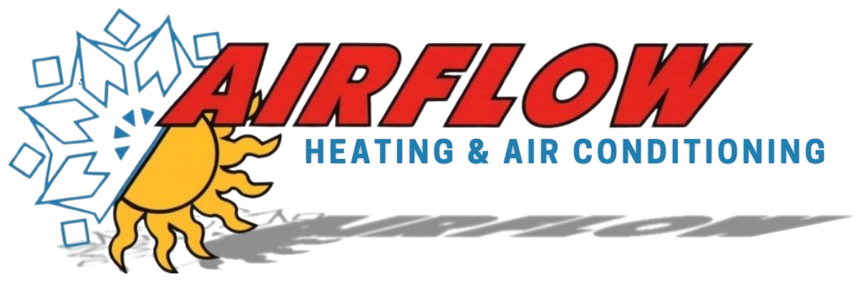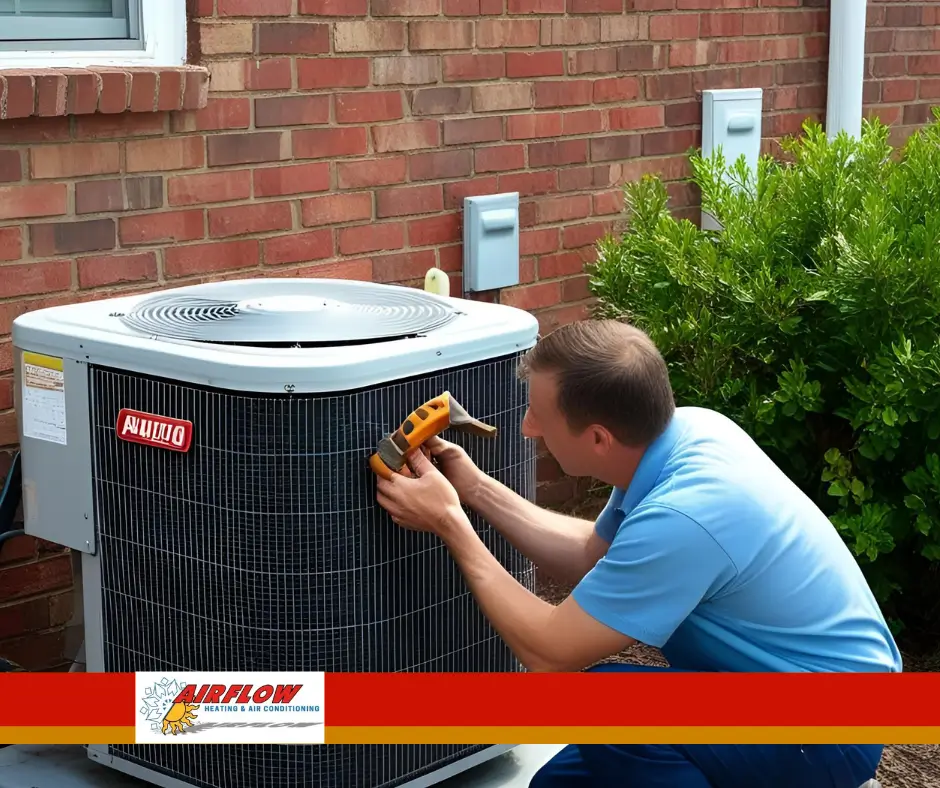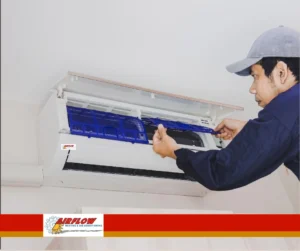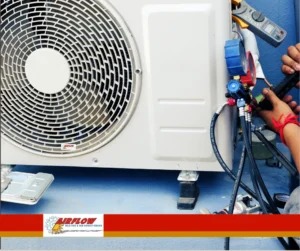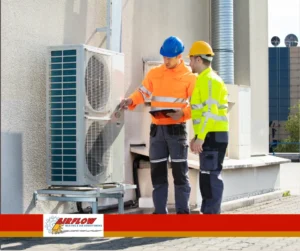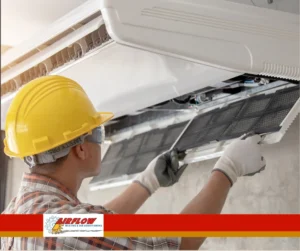As summer temperatures soar, your air conditioning system works overtime to keep your home cool. However, this increased workload often leads to higher energy bills. The good news is that with proper air conditioning maintenance, you can keep your cooling system running efficiently, reducing energy consumption and saving money on your utility bills. In this article, we’ll explore the connection between regular AC maintenance and lower energy costs, and provide some essential tips to help you maximize your air conditioning system’s efficiency.
How Air Conditioning Maintenance Improves Efficiency
When your air conditioning system is well-maintained, it operates more efficiently, meaning it requires less energy to cool your home. Here’s how air conditioning maintenance contributes to improved system performance:
- Clean Filters: Dirty or clogged filters restrict airflow, forcing your AC to work harder to cool the air. By changing or cleaning the filters regularly, your system can maintain optimal airflow and efficiency, reducing the energy required to cool your home.
- Lubricated Moving Parts: When moving components, like the fan and compressor, aren’t properly lubricated, friction increases, making the system work harder. Regular maintenance ensures all parts are properly lubricated, reducing strain on the system and lowering energy consumption.
- Coil Cleaning: The evaporator and condenser coils in your air conditioning unit accumulate dirt over time, which reduces the unit’s ability to absorb and expel heat. Cleaning these coils during routine maintenance keeps your system running efficiently, lowering energy use.
By keeping your air conditioning system clean and well-maintained, you ensure that it’s working at peak performance, which directly translates into energy savings.
The Cost of Neglecting Air Conditioning Maintenance
Failing to perform regular air conditioning maintenance can have a significant impact on your energy bills. Here’s why:
- Increased Energy Usage: An inefficient AC system has to run longer to cool your home, using more electricity and driving up your energy costs.
- Higher Repair Costs: Small issues that go unnoticed due to lack of maintenance can turn into bigger, more expensive problems. For example, a refrigerant leak or faulty fan motor can lead to system breakdowns that are costly to repair and can result in temporary inefficiency.
- Shortened System Lifespan: A neglected air conditioner is more likely to break down and may need to be replaced sooner than a well-maintained one, which leads to significant additional costs over time.
Without proper maintenance, your AC system becomes less efficient and more prone to breakdowns, resulting in higher energy bills and costly repairs. By investing in regular maintenance, you’re not only saving on energy bills but also extending the lifespan of your system.
How Regular Maintenance Reduces Cooling Costs
Routine air conditioning maintenance tasks can help your AC system operate at its best and ensure you’re getting the most efficient cooling possible. Here are some ways regular maintenance directly impacts your energy bills:
- Maintaining Proper Refrigerant Levels: Refrigerant is essential for your air conditioner to cool the air. If your system is low on refrigerant, it will have to work harder, consuming more energy to cool your home. Regular maintenance includes checking and refilling refrigerant levels, keeping your system working efficiently.
- Ensuring Proper Insulation and Sealing: If your home has gaps around doors, windows, or ducts, cool air can escape, causing your AC system to work harder to compensate. An HVAC technician can help identify these leaks during maintenance and seal them, reducing the workload on your AC system and lowering energy costs.
- Optimizing System Settings: During a maintenance check, HVAC professionals can optimize your system’s settings, including temperature and airflow, ensuring that it operates at peak efficiency without overcooling your home.
These routine maintenance tasks ensure that your air conditioning system runs smoothly, consuming less energy while keeping your home cool and comfortable.
When to Schedule Air Conditioning Maintenance
The best time to schedule air conditioning maintenance is in the spring, before the hot summer months arrive. This gives you ample time to address any potential issues and ensure your system is ready to handle the increased workload of the summer heat. Regular maintenance should be performed at least once a year, but more frequent checks may be needed if your system is older or if you use it heavily during peak months.
Conclusion: The Importance of Air Conditioning Maintenance for Energy Savings
Proper air conditioning maintenance is key to lowering your energy bills in the summer. By ensuring your system is clean, well-lubricated, and free of leaks, you can reduce the energy required to cool your home and improve the overall efficiency of your AC unit. Regular maintenance not only helps you save money but also extends the lifespan of your air conditioning system, reducing the need for costly repairs or replacements.
Don’t wait for your air conditioning system to break down—schedule a maintenance check today and start enjoying lower energy bills and a more comfortable home all summer long.
READ MORE:
